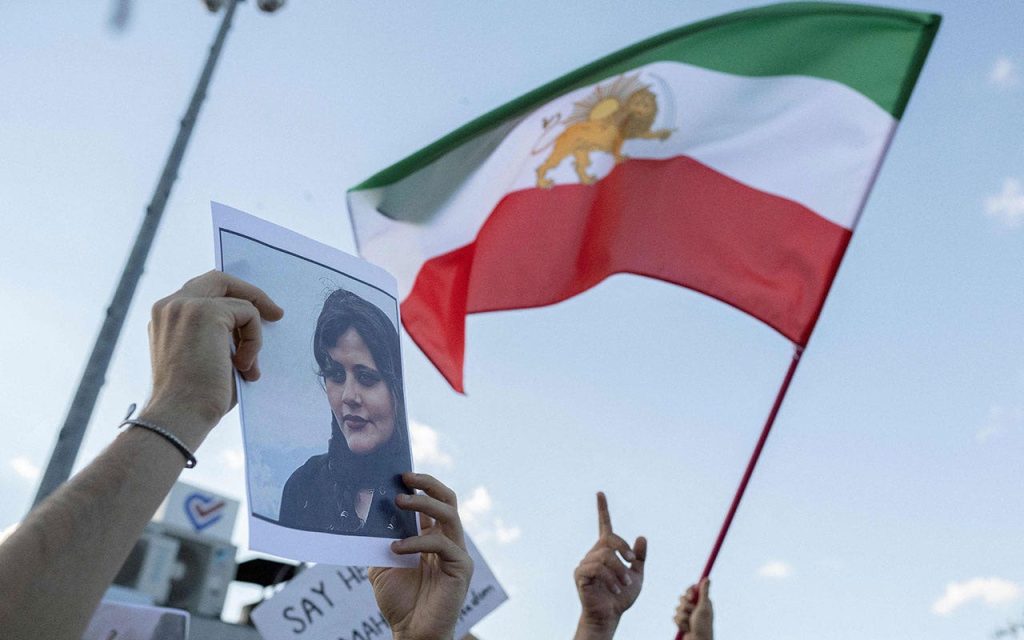Toomaj Salehi, a popular rapper in Iran, has reportedly been sentenced to death by a Revolutionary Court in Isfahan. Salehi gained fame through his music which criticized the death of Mahsa Amini and the Islamic Republic. The death sentence has drawn international criticism from the United States and United Nations experts, who see it as a crackdown on dissent in Iran. Salehi’s lawyer has received notice of the death sentence and plans to file an appeal. The Revolutionary Courts in Iran often involve closed-door hearings and limited rights for those on trial, raising concerns about the fairness of Salehi’s case.
Salehi’s music focused on Amini’s death in 2022, which was caused by Iranian police during a crackdown on protests. He also critiqued the Iranian government, predicting its downfall and criticizing various aspects of the regime. Salehi was initially sentenced to six years in prison but was released on bail after the Supreme Court sent his case back due to flaws in the original sentence. He was later re-arrested after claiming he was tortured in a video message. The death sentence issued against Salehi reflects the seriousness with which Iran’s theocracy took his remarks and comes during a larger crackdown on journalists, activists, and musicians since the mass protests in 2022.
The death sentence issued against Salehi has been met with condemnation from activists and the United States. Hadi Ghaemi of the Center for Human Rights in Iran described the judicial process as a means to silence dissent and called for Salehi’s immediate release. Washington has also criticized the Iranian regime for its human rights abuses, including the use of the death sentence to suppress freedoms and dissent. The international community is closely monitoring the situation in Iran and advocating for Salehi’s rights to be upheld during the appeal process. The secrecy surrounding Revolutionary Courts in Iran raises concerns about due process and the protection of individuals’ rights during trials.
The death sentence issued against Salehi marks a troubling escalation in Iran’s crackdown on dissent and criticism of the regime. His case is just one example of the targeting of individuals who speak out against state oppression and human rights abuses in the country. The sentencing of Salehi and other activists reflects a broader pattern of silencing dissent in Iran and using punitive measures to suppress freedom of speech. The international community must continue to pressure Iran to uphold human rights standards and ensure fair treatment for all individuals facing trials in the country. Salehi’s case highlights the challenges faced by activists and artists in Iran who dare to speak out against injustice and seek to create positive change through their work.












